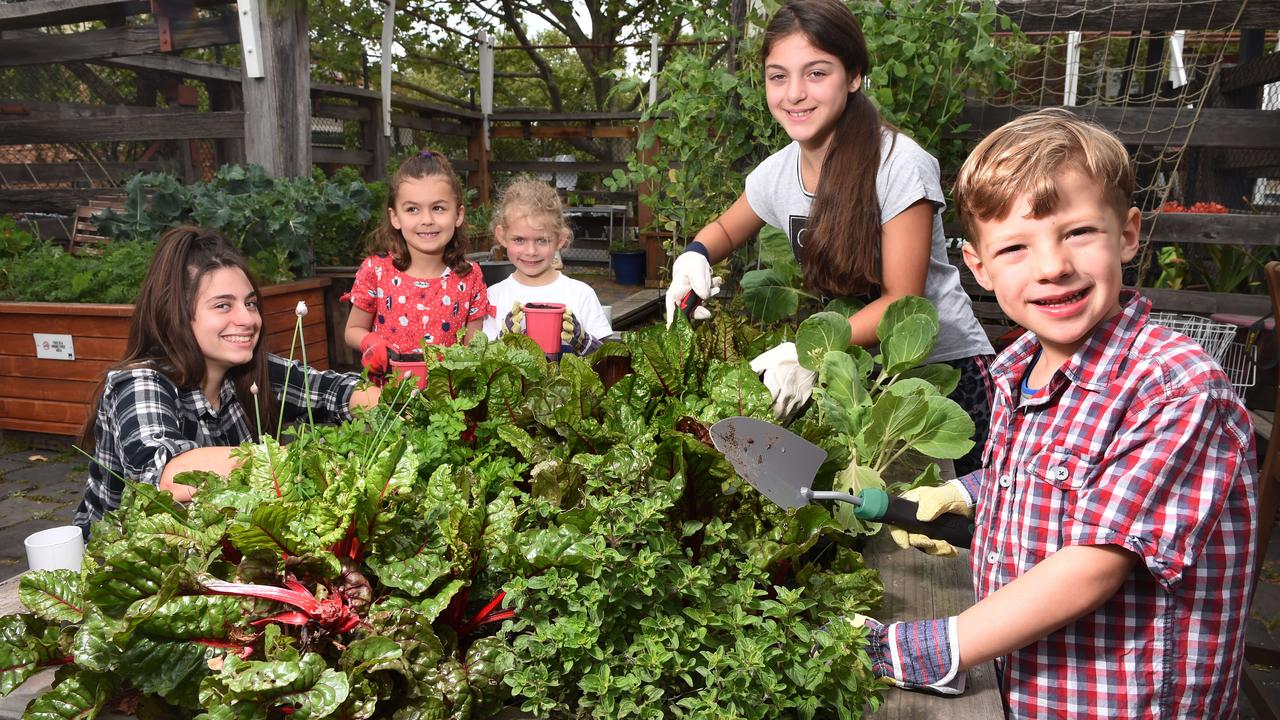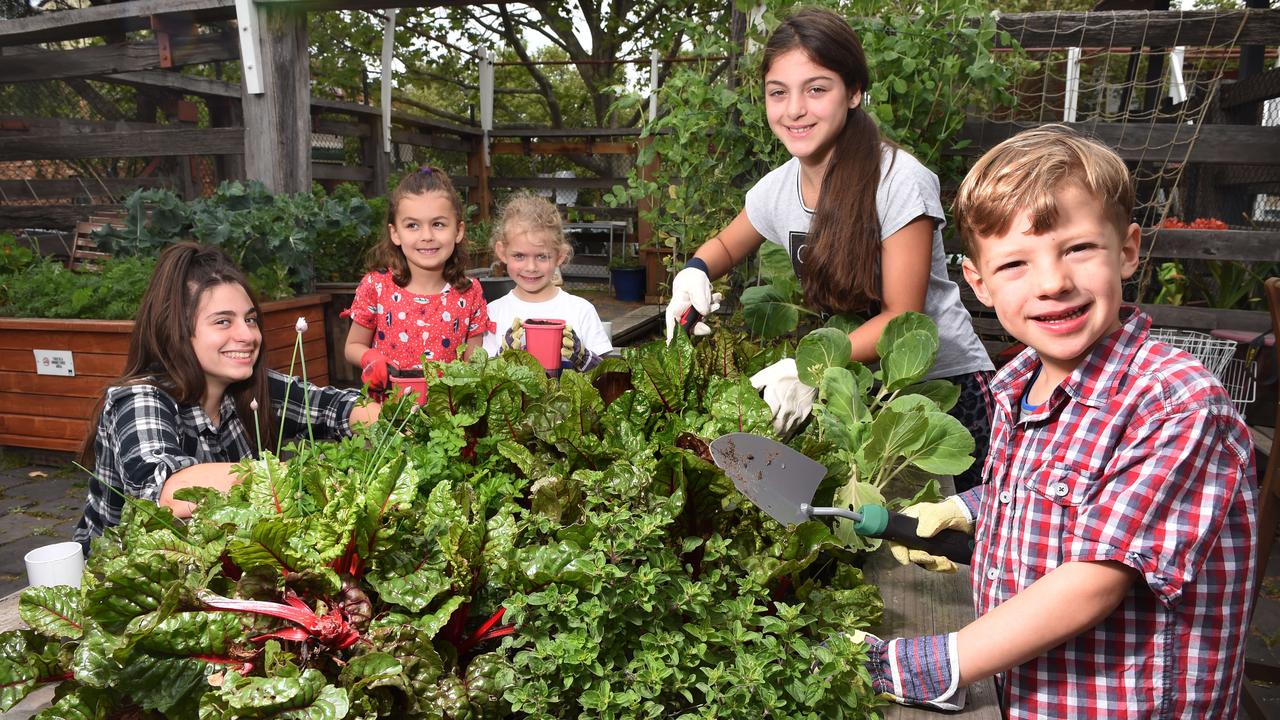Future Victoria: Experts push for more fresh fruit and veggies to improve Victorians’ health
Seven in 10 Victorians are overweight or obese — and experts say one simple change to our diets could be better for our health than any magic pill.

Future Victoria
Don't miss out on the headlines from Future Victoria. Followed categories will be added to My News.
Improving the availability of fresh fruit and vegetables could be more effective than any magic pill in the quest for a generation of healthier Victorians.
With seven out of 10 Victorians overweight or obese, VicHealth chief executive officer Dr Sandro Demaio said rebalancing the state’s diet was the key ingredient in reversing a tide of chronic disease.
“Food is a leading risk factor for disease and death in Australia,” Dr Demaio said.
“It plays out in diseases like heart disease, diabetes and many types of cancer are linked to the types of food we eat, as well as things we may not often think are linked to diet such as reproductive and mental health.
“We know one in four — and in some communities one in three — children are now suffering from overweight and obesity.
“It is not about poor choice or wrong decisions, it is about not having access to the right options. That needs to change.”

PwC Australia research involving more than 4600 Victorians shows one in four are concerned about the availability of fresh fruit and vegetables in their area — backing up Victorian University research that this month found country areas faced obesity issues at twice the rates of those in the city.
Young community gardeners Elena, 14, Mia, 12, Lilian, 6, five-year-old Ana and four-year-old Jayden are taking matters into their own hands to grow vegetables at the Stockyard Community Garden in Kensington, while other community-based projects are also popping up across the state.
But the latest Australian Bureau of Statistics data shows more communities will have to transform their ways to ensure a healthy future.
The ABS’ 2017-18 data shows only 51.3 Australians adults met the national guidelines for the recommended daily intake of two serves of fruit.
Only one in 13 Australian adults meet the guidelines of eating five to six serves of vegetables a day.
Dr Demaio said the resources fast food giants used to market and bombard time and cash-poor families into buying unhealthy food options needed a government and community-wide effort to overcome.
MORE FUTURE VICTORIA NEWS:
HOW WE WILL GET AROUND MELBOURNE NEXT DECADE
BEST PLACES TO LIVE AND WORK IN MELBOURNE
HACKS TO CUT YOUR COST OF LIVING
While unhealthy food tariffs or subsidies for fresh foods may not be the best answer, Dr Demaio said restricting fast food marketing, providing fruit in schools, educating parents and redesigning shopping strips so people walked past grocers instead of burger shops and billboards would all make an impact.
“The good food is more expensive...yet food that are really high in salt, fat and sugar are pushed on regional communities by big corporations,” he said.
“They are made artificially cheap and all of the health consequences that result are not paid for by the companies that produce the food.
“It is about making sure the supermarket environment is not about incentivising the wrong things though discounts and buy one get one free on the unhealthiest of products.
“We should be passing more supermarkets and fresh food stores that we are junk food stores on our commute to and from work.
“It is about making sure good food is available in schools and that we are helping parents understand and navigate a really complicated landscape of food and nutrition.”

